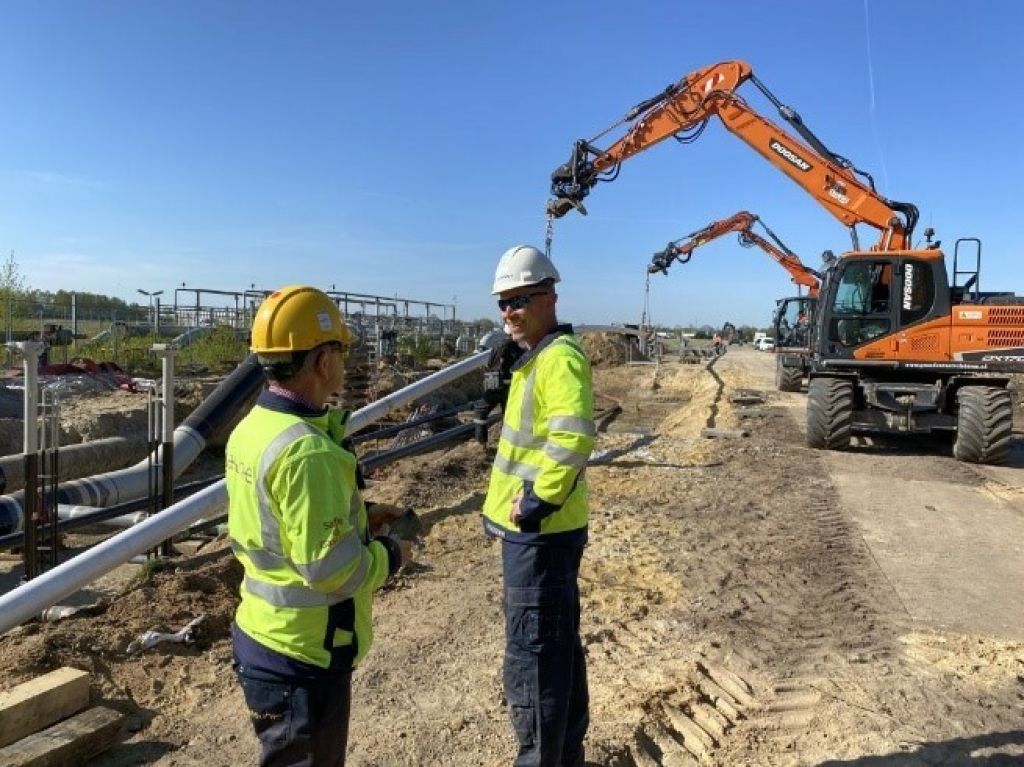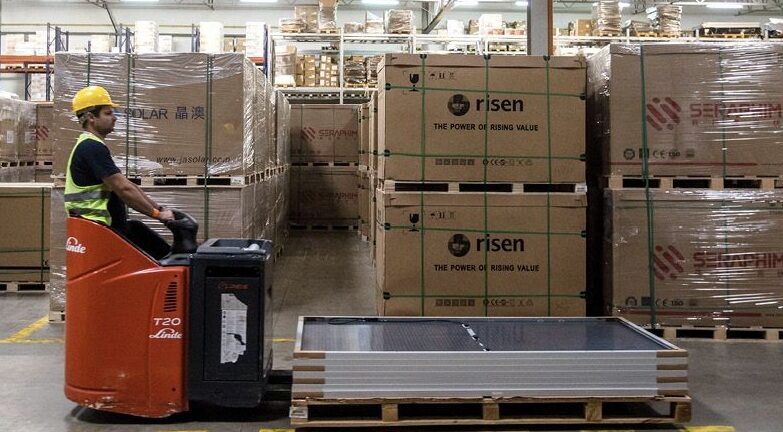Gasunie said this week that the authorities in the Netherlands have started building a national hydrogen network. Contractor Visser & Smit Hanab will build the first section of the national grid. From 2030, the national hydrogen network, which will cost around €1.5 billion ($1.6 billion) to build, will connect major industrial areas across the country, as well as points in Germany and Belgium. Last year, the Dutch government contracted Gasunie to develop the hydrogen network. The first section, stretching over 30 kilometers, will be built in Rotterdam and will connect the Tweede Maasvlakte industrial park to Pernis. It is expected to be operational in 2025. Around 85% of the Dutch hydrogen network will feature repurposed natural gas pipelines.
Fortescue has invested close to NOK 100 million ($8.96 million) to acquire a 12.5% stake in Norwegian Hydrogen, making it the third largest shareholder. Norwegian Hydrogen is now building its first hydrogen plants in Hellesylt, Norway, and in Hjørring, Denmark.
ABB has supplied low-harmonic insulated-gate bipolar transistor (IGBT) rectifiers and DC-DC converters for the HyPilot project to achieve precise voltage and current control for simulating different operating regimes. This project aims to demonstrate Hystar's 1MW containerized PEM electrolyzers and validate their patented technology in real field conditions. The demonstration will conclude by the end of 2023 at the Kårstø Gas Processing Plant in Rogaland, Norway, with ABB collaborating alongside Equinor, Yara, and Gassco.
Germany has started talks with Nigeria to import hydrogen. “Germany has a considerable demand for natural gas and, going forward, hydrogen to fuel its economy and energy transition,” Chancellor Olaf Scholz said in a recent interview with Nigerian daily The Punch. “Concrete amounts should be agreed on in negotiations between Nigerian gas producers and German gas traders.” At a recent press conference, Scholz noted that Germany operates a hydrogen office in Nigeria and wants to support renewable energy expansion in the African country.
Duke Energy has announced plans to build and operate the first system in the United States to produce, store, and combust 100% green hydrogen in a combustion turbine. The system is the result of collaboration between Duke Energy, Sargent and Lundy, and GE Vernova. It will be located at Duke Energy Florida's DeBary plant in Volusia County, Florida. The end-to-end system will begin with the existing 74.5 MW DeBary solar plant, providing clean energy for two 1 MW electrolyzer units.
This content is protected by copyright and may not be reused. If you want to cooperate with us and would like to reuse some of our content, please contact: editors@pv-magazine.com.



The announcement by Duke Energy that it will produce hydrogen from the electricity from PV solar capture and store it, and then burn the hydrogen in gas turbines to drive electric power generators, seems odd to me. Why not produce the electric power directly with a hydrogen fuel cell which would be far more energy efficient than burning it to drive a generator?
If Duke Energy sees the opportunity to power existing gas turbines with fossil-free energy, why not power them with fossil-free biomethane which is the same as the existing fossil natural gas?